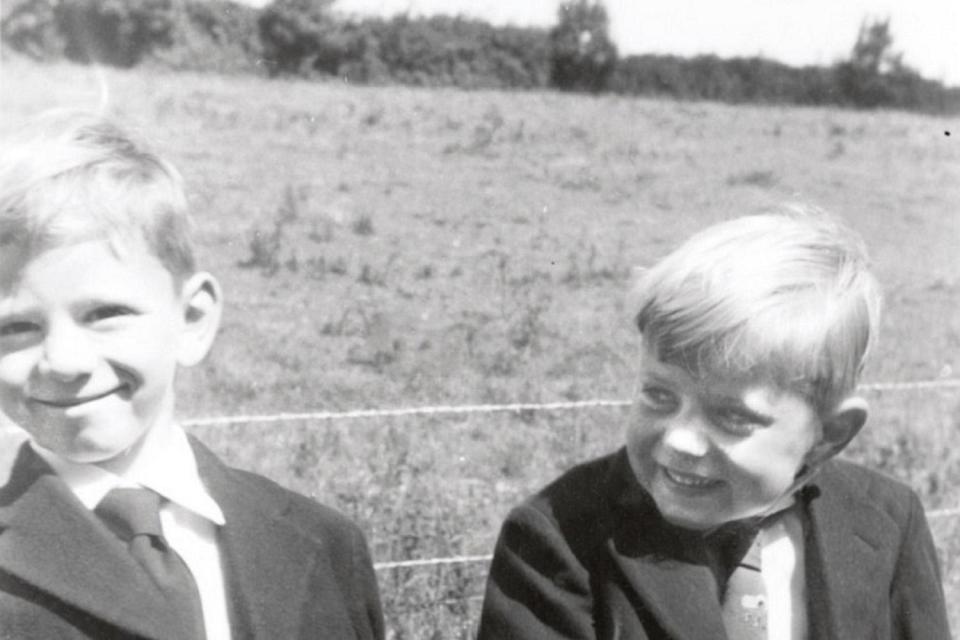Plot 29: A Memoir by Allan Jenkins - review

Can you ever escape trauma you experienced in childhood? That’s the question that courses through Allan Jenkins’s incredibly moving and haunting memoir. Jenkins, who is editor of Observer Food Monthly, interweaves the story of the years he spent trying to find out about what happened to him and his elder brother, Christopher, as children, with an account of a year spent on his north London allotment, planting seeds and trying to nurture his vulnerable produce.
Jenkins and his brother were rescued from a frightening Barnardo’s care home in Plymouth in the late 1950s by an elderly couple called the Drabbles. They settled into their new life on a farm on a river in Devon, but almost a decade later the relationship between the brothers and their foster parents broke down, something neither boy would ever be able to understand or forgive.
But as Jenkins got older it was his visceral sense of what had happened to them before the Drabbles that he couldn’t escape from. He finds a stepfather and a sister. He meets his mother and, using a freedom-of-information request, he obtains his records of the years he was in and out of care.
He discovers that he was admitted to Barnardo’s at just two months old, and that he and Christopher were intermittently separated during their early years, something he had long suspected. What had happened to Christopher during that time to create such damage? Why, aged four, did Jenkins have scabies, herpes and TB?
News comes in heartbreaking detail. Jenkins learns that Christopher was operated on for a hernia that may have been caused by continuous crying when he was three. Letters from his foster father Dudley Drabble to his care officers reveal his bitterness at the expense of his two fostered children, his disappointment with the boys and his decision not to adopt them.
But Jenkins’s real pain is his uncovering the story of abuse and neglect that lay at the heart of his birth family that he has only partly been able to overcome, and that he believes destroyed his brother.
In his day job, Jenkins has edited Nigel Slater’s columns for many years. Those who love Slater’s writing, as I do, will recognise some of his cadence in the prose.
This memoir, while at times unbearably sad, is uplifting, as Jenkins wrestles the demons from his childhood by planting seeds and helping them grow. He can’t overcome the trauma he suffered as a child, but his story is one of courage, resilience, and ultimately, redemption.
£10.49, Amazon, Buy it now

 Yahoo News
Yahoo News 